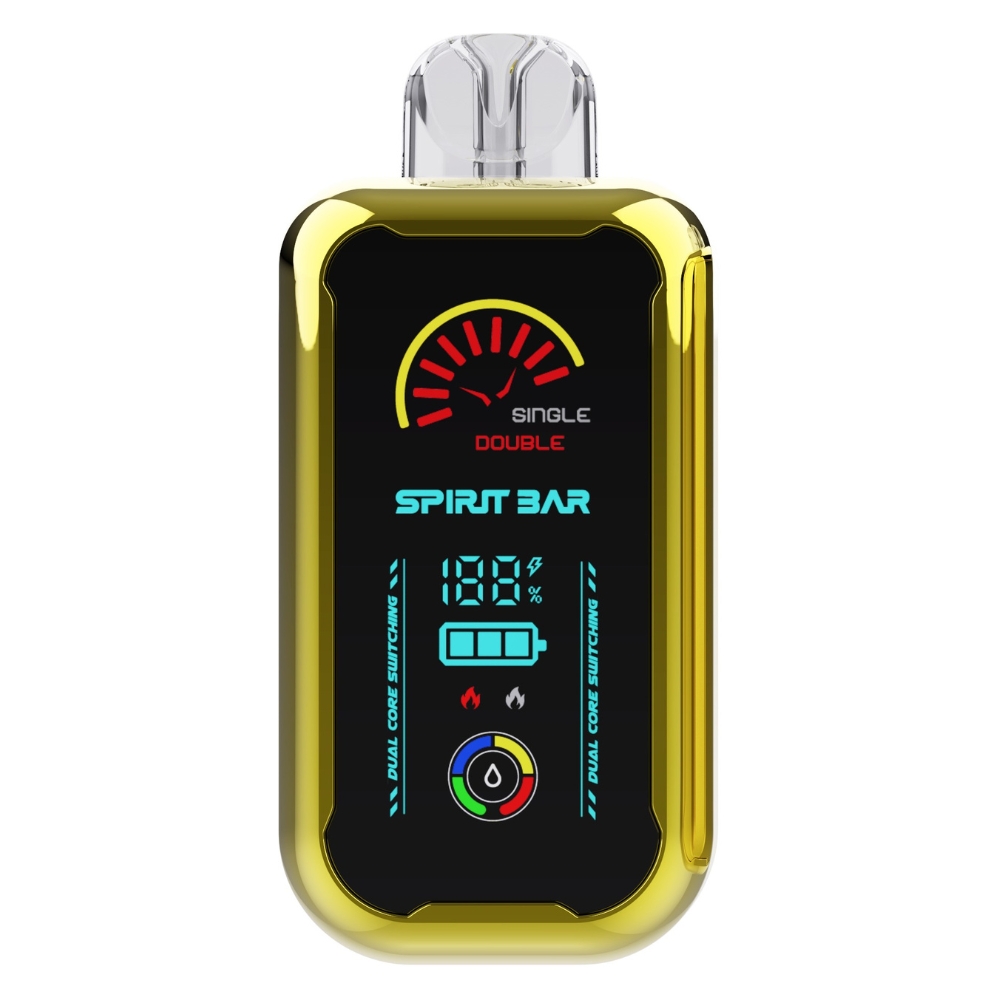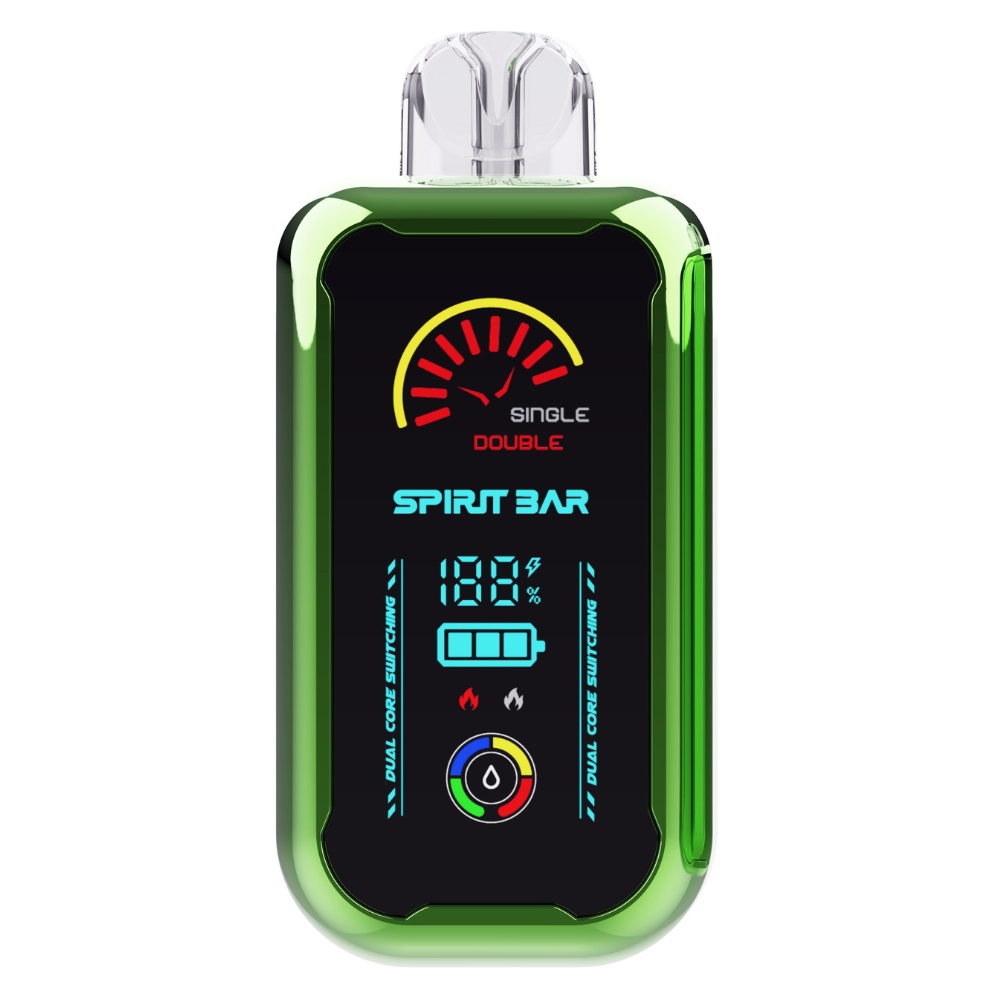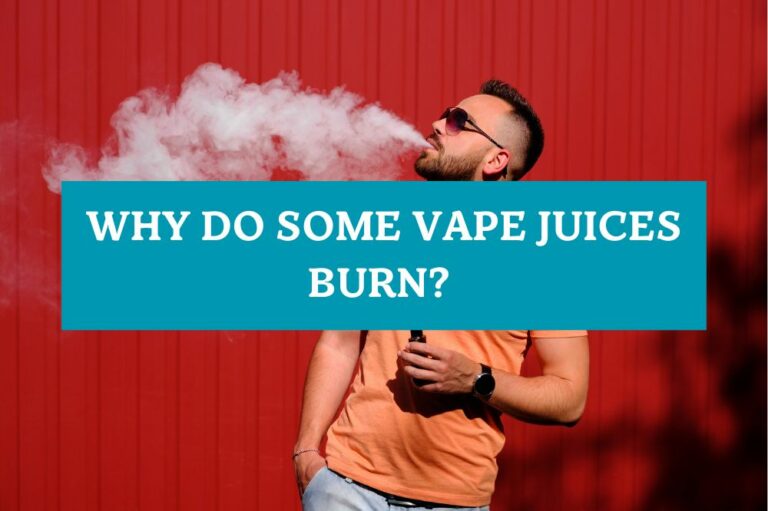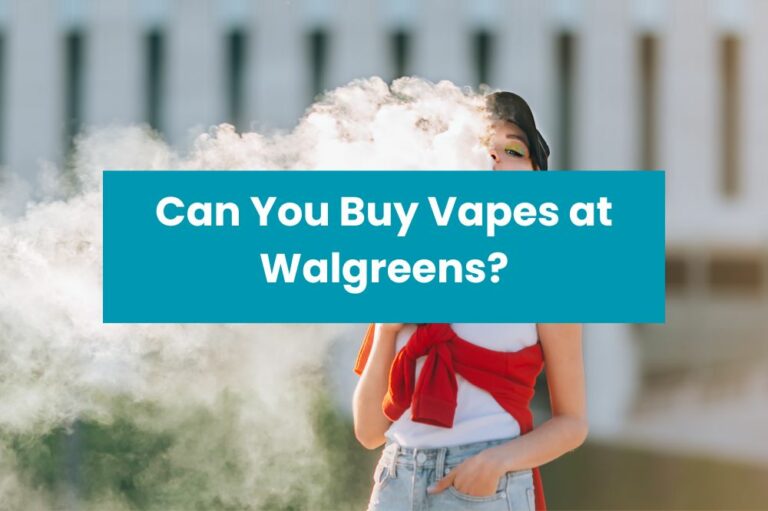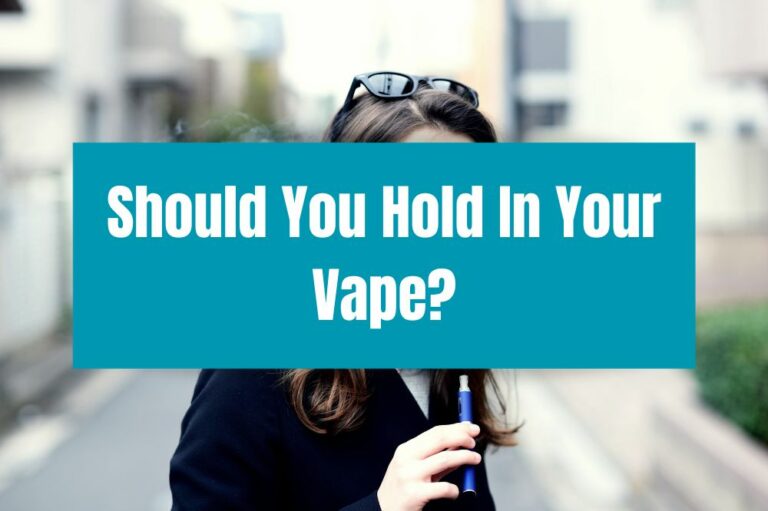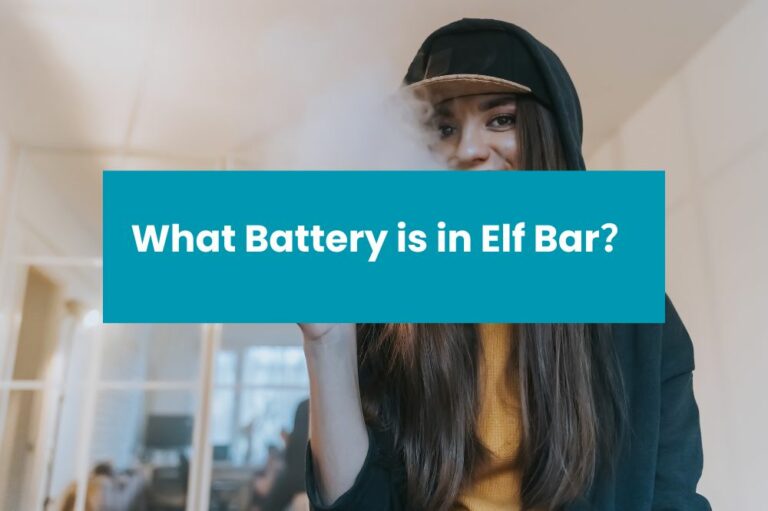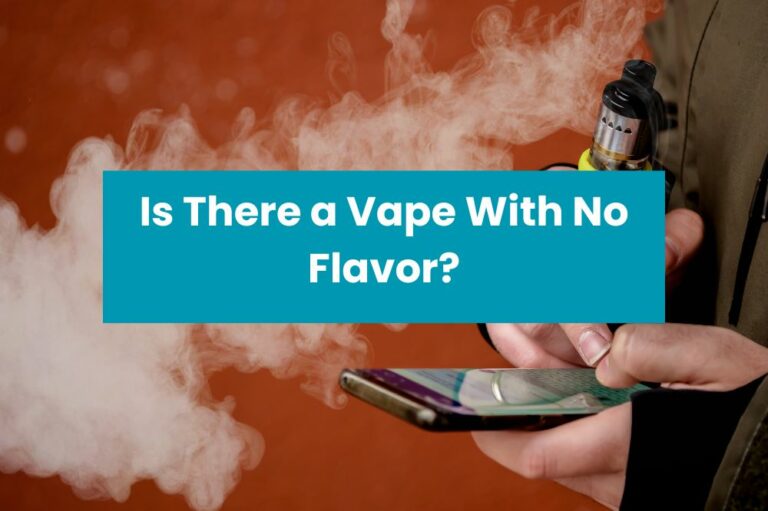Is the US Trying to Ban Vapes?
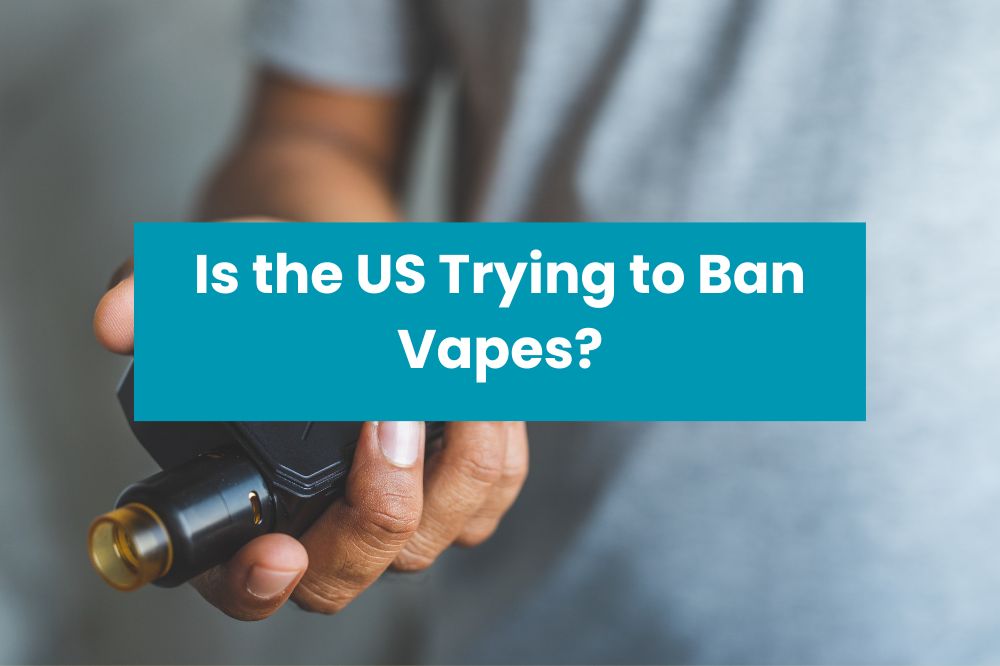
Are you wondering if the US is trying to ban vapes? The answer is yes, and it’s not a new development. The Food and Drug Administration (FDA) has been cracking down on the vaping industry for years, citing health concerns and the rise of teen vaping as reasons for increased regulation. In fact, in October 2023, the FDA ordered R.J. Reynolds to stop selling its popular Vuse Alto menthol e-cigarettes, a decision Reynolds immediately said it would challenge in court.
President Joe Biden has also taken steps to regulate vaping products. In March 2023, he signed a $1.5 trillion omnibus spending bill that included a provision amending the definition of a “tobacco product” in order to close a loophole for products like synthetic nicotine. While this provision doesn’t specifically ban vapes, it does give the FDA more authority to regulate them.
Despite these efforts, some companies are finding ways to work around the regulations. For example, the top-selling Chinese disposable e-cigarette Elf Bar was blocked by US regulators in May 2023, but the company was able to continue selling the product by changing its name to EBCreate. As the vaping industry continues to evolve, it remains to be seen what further actions the US government will take to regulate it.
The Current Legal Status of Vaping in the US
If you’re wondering about the legal status of vaping in the US, it’s a bit complicated. While the federal government has taken some steps to regulate vaping products, it’s ultimately up to individual states to decide how to handle the issue. Here’s what you need to know:
Federal Regulations
The federal government has taken several steps to regulate vaping products in recent years. In 2016, the Food and Drug Administration (FDA) extended its regulatory authority to cover e-cigarettes, hookahs, and other vaping products. This means that manufacturers of these products must now submit applications to the FDA for approval before they can be sold in the US.
In 2023, the FDA ordered R.J. Reynolds to stop selling its popular Vuse Alto menthol e-cigarettes. The FDA has also banned the sale of menthol-flavored e-cigarettes in an effort to curb youth vaping.
State Regulations
While the federal government has taken some steps to regulate vaping products, it’s ultimately up to individual states to decide how to handle the issue. As of 2023, several states have passed laws banning the sale of flavored e-cigarettes, including New York, Michigan, and Rhode Island.
Other states have taken a different approach. For example, some states have implemented age restrictions on the sale of vaping products, while others have imposed taxes on these products.
Local Regulations
In addition to state regulations, many cities and counties have also implemented their own rules regarding vaping products. For example, some cities have banned the use of e-cigarettes in public places, while others have restricted the sale of these products to certain areas.
It’s important to note that the legal status of vaping in the US is constantly evolving. As more research is conducted on the health effects of these products, it’s likely that we’ll see additional regulations put in place at the federal, state, and local levels.
Federal Government’s Stance on Vaping
The US federal government has taken a strong stance against vaping in recent years. In 2020, the Food and Drug Administration (FDA) banned the use of flavors (other than menthol and tobacco) for pod-based products using replacement cartridges, until a company goes through the application process. However, disposable vapes that are bought for a single use and thrown away were not included in this ban.
In October 2023, the FDA ordered R.J. Reynolds to stop selling its popular Vuse Alto menthol e-cigarettes, citing failure “to meet the public health standard” [1]. The company immediately said it would challenge the decision in court. The FDA also proposed a rule to ban menthol in cigarettes and flavored cigars, which public health experts say could save lives [2].
The federal government’s stance on vaping is largely driven by concerns about the health risks associated with e-cigarettes, particularly among young people. According to the Centers for Disease Control and Prevention (CDC), e-cigarette use among youth increased by 1.5 million between 2017 and 2018 [3]. Vaping has also been linked to a number of health problems, including lung damage, seizures, and nicotine addiction [4].
Despite these concerns, some argue that vaping can be a useful tool for people trying to quit smoking traditional cigarettes. However, the federal government’s stance remains clear: vaping is a public health concern that must be addressed through regulation and enforcement.
State Specific Regulations on Vaping
If you’re a vaper, it’s important to know the laws and regulations specific to your state. While the federal government has implemented some regulations on vaping, states have the ability to create their own laws. Here’s a breakdown of some of the state-specific regulations on vaping:
- Washington: In October 2023, health officials in Washington passed an emergency rule banning the sale of flavored vaping products. The 120-day rule went into effect following an executive order.
- Massachusetts: In September 2023, Massachusetts and Governor Charlie Baker announced the strictest vaping ban in the US, banning the sales of all vaping products both in stores and online.
- Other States: Some states have implemented age restrictions on purchasing vaping products, while others have implemented taxes on vaping products. It’s important to check your state’s regulations to ensure you’re following the law.
It’s important to note that state-specific regulations on vaping are subject to change. It’s recommended to stay up-to-date on your state’s regulations to ensure you’re following the law.
Public Health Concerns and Vaping
Vaping has become a public health concern in recent years due to its popularity among youth and the potential health risks associated with it. The US Food and Drug Administration (FDA) has taken steps to regulate the sale and marketing of vaping products to address these concerns.
According to the Centers for Disease Control and Prevention (CDC), just 2.6 percent of American teens vape daily, and more than 90 percent have never tried vaping. However, the widespread popularity of disposable vapes is driven by adult consumers, and the FDA’s disposable vape crackdown threatens public health [1].
The FDA has denied marketing applications for millions of vaping products because they lacked sufficient evidence on the benefits for adult smokers [3]. Additionally, the agency has warned the public to stop using vaping products containing tetrahydrocannabinol (THC) amid concerns about a vaping illness outbreak [5].
The American Medical Association (AMA) has also called for a ban on flavored e-cigarettes, stating that vaping is a public health epidemic [4]. The FDA recently moved to ban the sale of Vuse menthol vapes, which are top sellers with an estimated $1.6 billion in annual sales [2].
In summary, public health concerns surrounding vaping have led to increased regulation and warnings from the FDA and other health organizations. While vaping may be a less harmful alternative to smoking for adult smokers, the potential risks to youth and the general public warrant continued scrutiny and regulation.
Lobbying and Advocacy for Vaping
The vaping industry has faced significant opposition from various organizations, including the government, health advocates, and anti-smoking groups. Many of these organizations believe that vaping is a gateway to smoking and that it poses significant health risks.
However, the vaping industry has also had its fair share of supporters. Vaping advocates argue that e-cigarettes are a safer alternative to traditional cigarettes and that they can help smokers quit. These advocates have been lobbying for less restrictive regulations on vaping products.
One of the most prominent supporters of the vaping industry is the vaping company Juul. The company has spent millions of dollars on lobbying efforts to prevent a ban on flavored e-cigarettes. In 2019, Juul spent over $4 million on lobbying efforts, including contributions to political campaigns.
Other vaping companies have also been active in lobbying for less restrictive regulations. The Vapor Technology Association (VTA) is a trade organization that represents the vaping industry. The VTA has been lobbying for less restrictive regulations on vaping products and has been pushing for more research into the health effects of vaping.
In addition to lobbying efforts, vaping advocates have also been active on social media and other online platforms. Many vaping advocates argue that the negative publicity surrounding vaping is based on misinformation and that e-cigarettes are a safer alternative to traditional cigarettes.
Overall, the vaping industry has faced significant opposition from various organizations, but it has also had its fair share of supporters. Vaping advocates have been lobbying for less restrictive regulations on vaping products and have been pushing for more research into the health effects of vaping.
The Impact on the Vaping Industry
The recent moves by the FDA to ban certain vaping products and restrict their sale have had a significant impact on the industry. While the FDA’s actions are ostensibly aimed at protecting public health, they have effectively banned millions of products and made it harder for people to access vaping products.
One of the most significant impacts of the FDA’s actions has been on small businesses in the vaping industry. Many small businesses that rely on the sale of vaping products have been forced to shut down or lay off employees due to the new regulations. This has had a ripple effect on the broader economy, as these businesses are often important employers in their local communities.
The restrictions on the sale of vaping products have also made it harder for people to access these products. This has been particularly problematic for people who use vaping products as a smoking cessation aid, as they may no longer have access to the products they need to quit smoking.
Despite these challenges, the vaping industry is still growing. As more and more people look for alternatives to smoking, vaping is likely to continue to be a popular choice. However, the industry will need to adapt to the new regulations and find ways to continue to grow in a changing regulatory environment.
Overall, the impact of the FDA’s actions on the vaping industry has been significant. While the industry is still growing, the new regulations have made it harder for small businesses to operate and for people to access the products they need. As the industry continues to evolve, it will be important for businesses to adapt to the changing regulatory landscape and find new ways to grow and thrive.
The Role of Big Tobacco
Big Tobacco companies have been heavily investing in e-cigarettes and vaping products as a way to diversify their product offerings and maintain market share. However, their push into the e-cigarette market has not been without controversy.
Altria, the parent company of Philip Morris USA and one of the largest tobacco companies in the world, holds a 35% stake in Juul, a popular e-cigarette brand. The US Food and Drug Administration (FDA) is reportedly preparing to order Juul to take its e-cigarettes off the market due to concerns over their appeal to underage users. This move could have significant implications for Altria’s investment in Juul.
Other tobacco companies have also made significant investments in the e-cigarette market. For example, R.J. Reynolds, the maker of Camel and Newport cigarettes, has invested heavily in its Vuse e-cigarette brand. However, the FDA recently moved to ban the sale of Vuse Menthol Vapes due to concerns over their appeal to children.
Critics of the tobacco industry argue that their push into the e-cigarette market is an attempt to maintain their profits while avoiding the negative health effects associated with traditional tobacco products. Some also argue that the industry has targeted young people with their marketing campaigns, leading to an increase in underage e-cigarette use.
Overall, the role of Big Tobacco in the e-cigarette market is a contentious issue. While some argue that their investments in e-cigarettes could lead to safer alternatives to traditional tobacco products, others remain skeptical of the industry’s motives and marketing practices.
International Comparison on Vaping Policies
When it comes to vaping policies, different countries have different rules and regulations. Here’s a brief overview of how some countries around the world are handling vaping:
- United Kingdom (UK): The UK has been a pioneer in embracing vaping as a harm reduction tool. Public Health England has stated that vaping is at least 95% less harmful than smoking. Vaping products are regulated under the Tobacco and Related Products Regulations 2016. The regulations include restrictions on advertising, packaging, and product content. Nicotine-containing e-cigarettes and refill containers cannot be sold to anyone under the age of 18.
- Canada: In Canada, vaping products are regulated under the Tobacco and Vaping Products Act. The act includes restrictions on advertising, packaging, and product content. Nicotine-containing e-cigarettes and refill containers cannot be sold to anyone under the age of 18. Health Canada has not approved any vaping products as a quit-smoking aid.
- Australia: Vaping is legal in Australia, but nicotine-containing e-cigarettes are not. Nicotine is classified as a Schedule 7 dangerous poison under the Poisons Standard, and it is illegal to sell or supply nicotine for use in e-cigarettes. However, vapers can import nicotine-containing e-cigarettes for personal use.
- New Zealand: In New Zealand, vaping is legal, and nicotine-containing e-cigarettes are available for sale. The government has launched a campaign to encourage smokers to switch to vaping as a way to quit smoking. Vaping products are regulated under the Smoke-free Environments Act 1990.
- United States (US): The US has had a complex relationship with vaping. The FDA has had authority over vapor products since 2016, but has refused to create a plain system of standards for e-cigarettes and e-liquids. In recent years, some US states have imposed flavor and online sales bans. In 2022, the FDA announced new regulations for the vaping industry, including a ban on flavored vapes and online sales.
As you can see, there is a wide range of vaping policies around the world. If you’re a vaper, it’s important to be aware of the laws and regulations in your country.
The Future of Vaping in the US
As of October 2023, the future of vaping in the US is uncertain. The FDA has taken several steps to regulate and restrict the sale of vaping products in recent years, and the trend seems to be moving towards more restrictions.
In October 2021, a new law took effect that could see some vaping products that use synthetic nicotine pulled from the shelves if they fail to meet certain requirements. This law was seen as a blow to the vaping industry, as it could result in the removal of many popular products from the market.
In September 2021, the FDA effectively banned millions of vaping products in an effort to “protect public health.” This move was controversial, as many vapers argue that vaping is a safer alternative to smoking and that restricting access to vaping products could lead to more people smoking traditional cigarettes.
In October 2023, the FDA ordered R.J. Reynolds to stop selling its popular Vuse Alto menthol e-cigarettes, a decision Reynolds immediately said it would challenge in court. This decision could set a precedent for further restrictions on the sale of vaping products in the US.
If you are a vaper, it is important to stay up-to-date on the latest regulations and restrictions regarding vaping products. This will help you make informed decisions about which products to buy and where to buy them.
Overall, the future of vaping in the US is uncertain, but it seems likely that there will be more restrictions on the sale and use of vaping products in the coming years.

